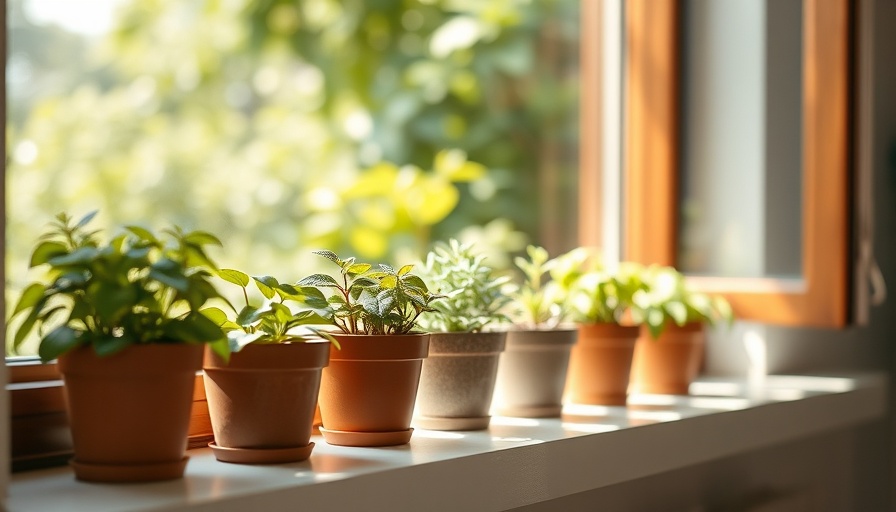
The Intersection of Minimalism and Sustainability
Minimalism and sustainability might seem like two separate movements at first glance, but they share a vital connection: the commitment to reducing consumption and its adverse effects on the environment. By consciously choosing to own less, individuals can significantly lower their environmental footprint. This commitment encourages mindful decision-making, allowing people to acquire only what they truly need and value.
Understanding the Philosophy of Minimalism
At its core, minimalism is about prioritizing what matters most in life. It’s not just about keeping fewer items; it's about transforming our relationship with possessions. Embracing minimalism leads to a lifestyle where we focus on quality rather than quantity. This intentional approach guides individuals to declutter their lives, keeping only those possessions that provide genuine joy or utility.
The Historical Roots of Minimalism
The origins of minimalism can be traced back to ancient philosophical traditions. Figures like Diogenes championed simple living, emphasizing mental clarity over material accumulation. In contemporary society, specifically Japanese minimalism has gained recognition, promoting uncluttered spaces aimed at enhancing peace of mind. This philosophy not only fosters tranquility but also contributes to a growing movement against rampant consumerism.
Practicing Eco-Minimalism for a Greener Future
Eco-minimalism pushes the boundaries of conventional minimalism by incorporating sustainable practices. By reducing consumption, individuals naturally generate less waste and use fewer resources. This approach aligns closely with the principles of environmental sustainability, highlighting how our daily choices can collectively foster a healthier planet. Creating a lifestyle that reflects both minimalism and sustainability ultimately reduces the pressure on our earth's resources, advocating for a more balanced life.
A Call for Collective Action
As we navigate an increasingly consumer-driven world, adopting a minimalist mindset can serve as a powerful tool for sustainable living. Each choice we make to consume less and live simply contributes to larger environmental benefits. By understanding and embracing this connection, we foster not only a sense of individual fulfillment but also world stewardship. The journey towards minimalism, paired with sustainability, holds the promise of a more equitable and vibrant future for our planet.
 Add Row
Add Row  Add
Add 




 Add Row
Add Row  Add
Add 

Write A Comment